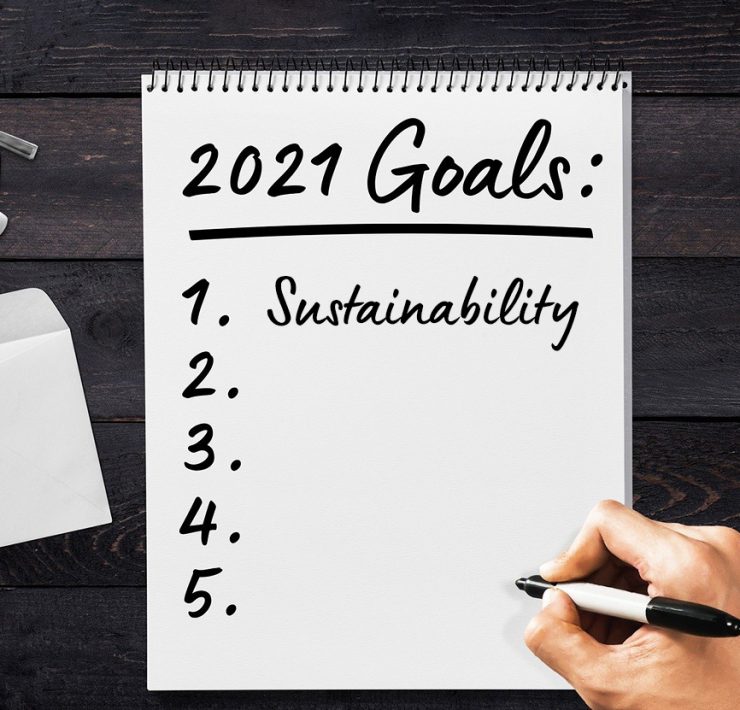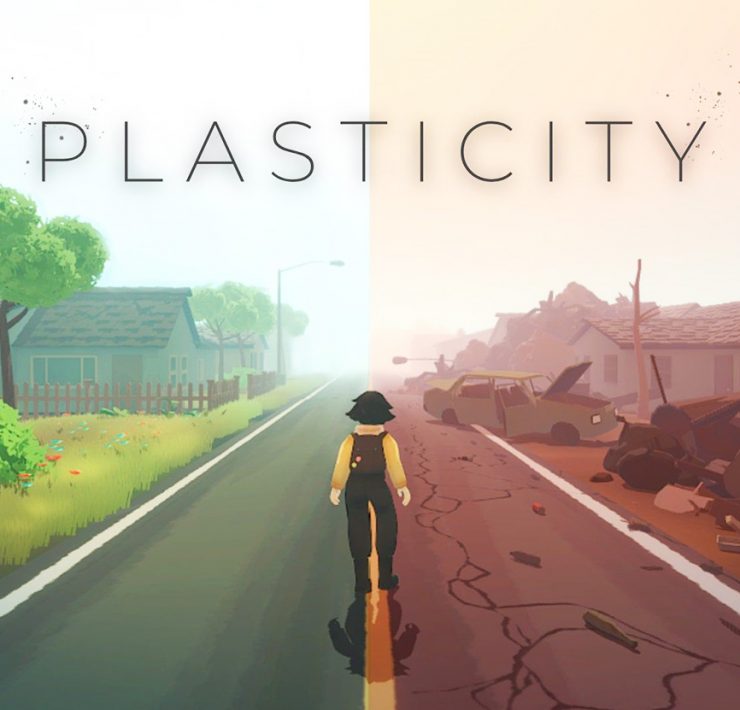Your (e)waste is your responsibility
- From a respectful farewell for your once-loved iPad to guidelines that must govern your next headphones purchase, here’s what you must know about your electronic waste, according to Dr. Uttam Doraswami, Founder & Director at Elxion Private Limited.
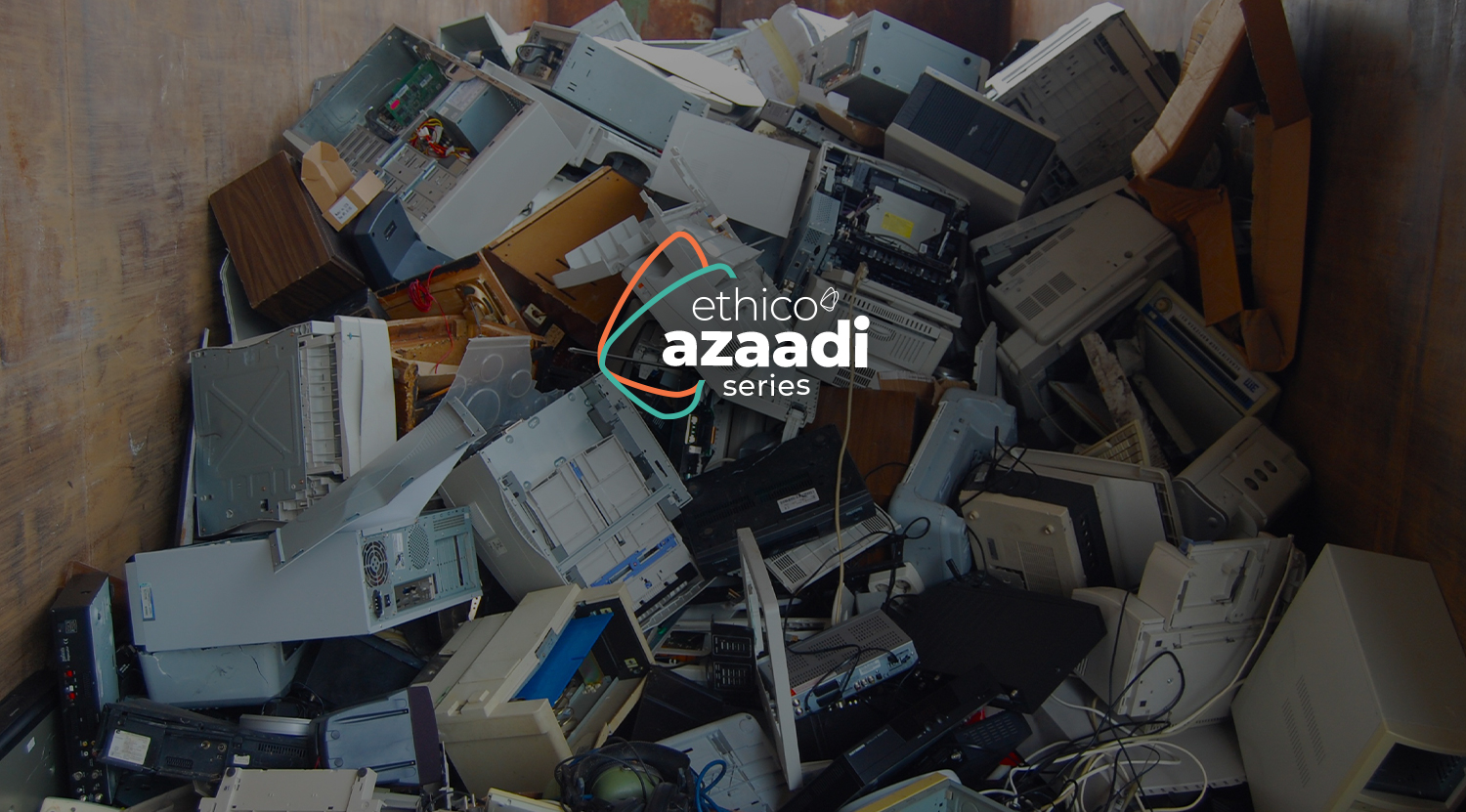
Bhavini is trying to learn living simply. She loves cats,…
While plastic and industrial waste continue to be major environmental concerns, a lesser known but perhaps more potent cousin, electronic waste has still not created a dent in our consciousness. According to the Global E-Waste Monitor 2017, India generates close to 2 million tonnes of e-waste every year and stands 5th among top e-waste producing countries in the world. Leading the pack are US, China, Japan and Germany. The ‘treated waste’ is staggeringly little, but we’re beginning to bend the curve, says Dr. Uttam Doraswami of Elxion Private Limited, a company that promotes technology- oriented solution to e-scrap. Dr. Doraswami is a Phd in Chemical Engineering from Imperial College, London.
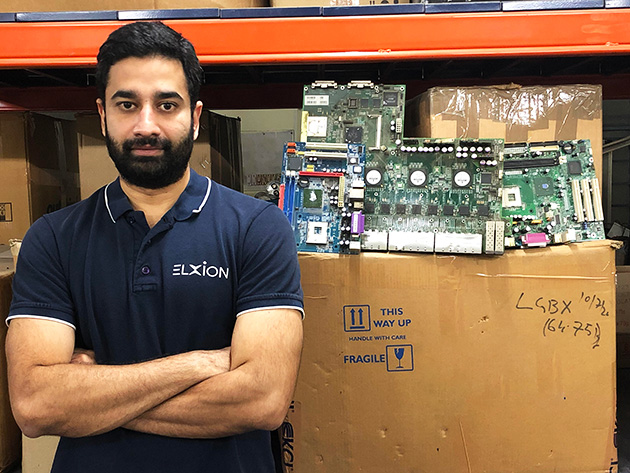
1. How important is it to responsibly discard e-waste?
As citizens of India and consumers of electronics, we are all obligated under the E-Waste (Management) Rules, 2016 as amended in 2018 to dispose our e-waste to authorized recyclers. So this is both – a moral and legal obligation.
2. Can e-waste truly be recycled?
The sheer variety of electronics out there is staggering. Most of them can be broken down into constituent fractions that are largely: metals & alloys, plastics, cables & wires, batteries and printed circuit boards. Most of these fractions are completely recyclable. Like all waste however, e-waste contains a small fraction that cannot be recycled due to economic viability or intrinsic thermo-physical properties. But that is a very small fraction.
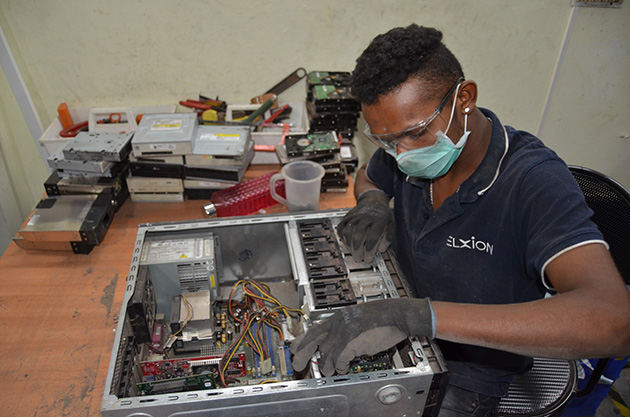
3. Could you please elaborate on the magnitude of the e-waste problem in India?
The formal management of waste is a concept that is only now taking root in India, which for too long has relied on an economically challenged, untrained and exploited workforce (think rag pickers, kabadiwalas). Most consumers only see electronic waste as potential revenue source when sold as scrap. This drives a vicious cycle of irresponsible disposal with no regard for environmental and health risk and also gives rise to illegal processing hubs. Recent National Green Tribunal (NGT) orders have taken cognizance of the fact that illegal processing of e-waste is a major source of soil, water and air pollution. In fact, residue-dumping from the illegal processing hubs (rich in toxic heavy metals) is perhaps a major source of pollution in the Ganga, where we spend thousands of crores for clean-ups!
Similarly, illegal burning of e-waste is one of the factors contributing to the poor air quality in Delhi today.
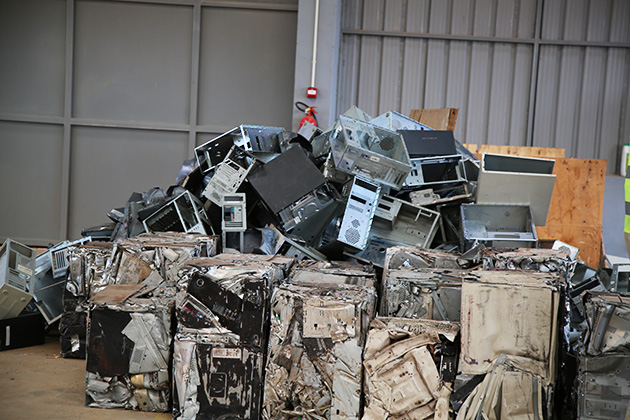
4. Technology becomes obsolete very fast these days. An average phone or laptop doesn’t last more than 4-5 years before something better and cheaper arrives. Are corporations fuelling the problem?
Yes! As markets saturate, producers of electronics are incentivized to ensure that customers dispose their old electronics to suit their sales targets; design changes make repair more difficult or expensive. Case in point, sealed batteries, shorter warranties and poor after-sales support. In fact the EU is passing legislation to ensure that producers of electronics offer longer warranties and part availability for at least 10 years to enable repairs and extend product life.
5. Why is there not enough awareness around the dangers of e-waste?
Visual imagery of plastic waste in the oceans has a strong impact on our minds. Also, that most of it is one-time-use, adds to the magnitude of the problem. On the other hand, e-waste and its toxic legacy have a slightly larger gap between disposal and human impact. This delay between cause and effect reduces our threat perception. But things are changing.
6. Is there such a thing as ‘eco-friendly’ digital device?
Avoiding digital products is now an extremely difficult proposition. I would encourage you to think about balancing desire and necessity when planning a digital purchase. Also, think about its expected life, warranty and ease of repair. Additionally, see if manufacturers take back or facilitate exchange programs that ensure options for easy and safe disposal at the end of life.
Looking to discard your e-waste? Check out your options:
1. Most Tata Croma outlets accept all kinds of e-waste
2. All State Pollution Control Boards (SPCB) typically list authorized recyclers for e-waste in their respective states, on their website’s “waste management” tab.
3. E-Parisaraa Private Limited, Bengaluru (https://ewasteindia.com)
4. TES-AMM (India) Private Limited (http://tes-amm.net)
5. Greenscape (http://greenscape-eco.com)
6. Saahas (https://saahas.org)
Bhavini is trying to learn living simply. She loves cats, grandparents and inkpens of all kinds.



